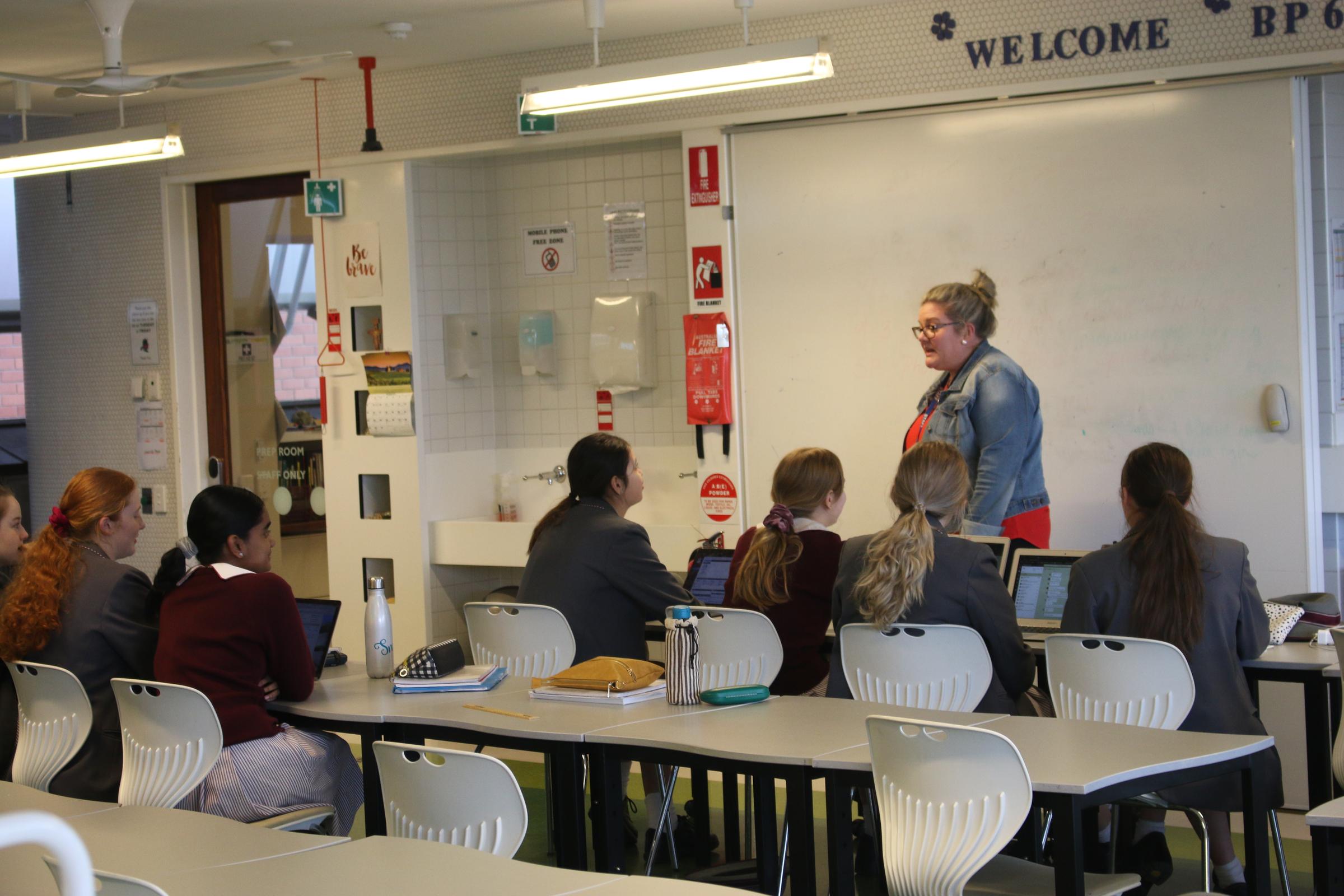Deputy Principal - Teaching and Learning

Learning Blog
In the midst of the busyness it can sometimes be hard for students to see the light at the end of the tunnel. Often, the end of semester is a period of high stress, with some students struggling with self-worth and motivation. Parents and teachers often walk tightropes, trying to be voices of encouragement and reassurance. This can be hard, when results aren’t necessarily forthcoming. Hopefully the holiday period will provide the opportunity for students and families to decompress, reflecting on what worked well and areas for improvement.
Research has indicated that motivation is a key ingredient to student success. What is it that parents and educators can do, to enhance the motivation of students (particularly if they don’t perceive they are succeeding)? Enhanced Learning and Educational Services have identified six key things that parents and educators can do, to help maintain motivation at critical times. As we prepare for holidays, and the receipt of end-of-semester reports, I would strongly encourage parents to emphasise these with their daughters.
1. Encouraging Personal Best
Not every child is naturally academic; not every child will find school easy. At Mount Alvernia we try hard to value the range of talents of our students – whether they be academic, service, cultural, or sporting. Encouraging students to aim for their own personal best and personal improvement helps avoid comparisons with other students or siblings. At all times, students should be encouraged to adopt a ‘growth mindset’, identifying goals for improvement.
2. Focus on Strengths
All children have the potential to succeed, but sometimes we need to redefine success. Praise for effort and improvement is motivating. Look for opportunities to celebrate these types of successes along the way, no matter how small. Where possible, identify these to build the momentum of your daughter. Positive acknowledgment can result in greater investments of effort.
3. Help Students Seek Help
Sometimes a sense of fear debilitates students. Not trying can often be perceived as better than trying and failing. If you suspect this is an issue, look for ways to provide support for your child. Consider reaching out to Teaching and Learning Guardians, Learning Area Advisors, and teachers. Take the support on offer.
4. Examine How You Treat Failure
One of the biggest enemies of motivation is fear of failure. Children need to see ‘failure’ as an opportunity to learn from mistakes, to grow and improve. Think about how you personally react when you fail at something or it doesn’t go as you planned. Do you model to your child that a setback is an opportunity to gain information to help you for next time? Think also about how you react when your child under-performs. Do you help them to learn from the experience and use it to examine ways to improve?
5. Avoid Negative Talk
Statements like: “I wasn’t good at Maths either”, can give students an excuse not to try. Instead, empathise with your child by explaining the challenges you had and identifying how you worked to overcome them. This can be very helpful because it assists student understanding that struggle is a normal part of the learning experience. Without struggle or challenge there can be no learning.
Teachers across the College are very mindful of each of these strategies in their dealings with students.
6. Encourage Students to Evaluate their Next Learning Steps
Throughout the course of the semester, students will have received not only grades from teachers, but also feedback. I would encourage all parents and students to review their feedback to guide their next learning goals and strategies. This sort of reflective goal setting will provide an important basis for success, into the future. Even students who have done well should be approaching Semester 2 with an improvement mindset. The end game is not the result, it is the journey to improvement.
Kath Little

